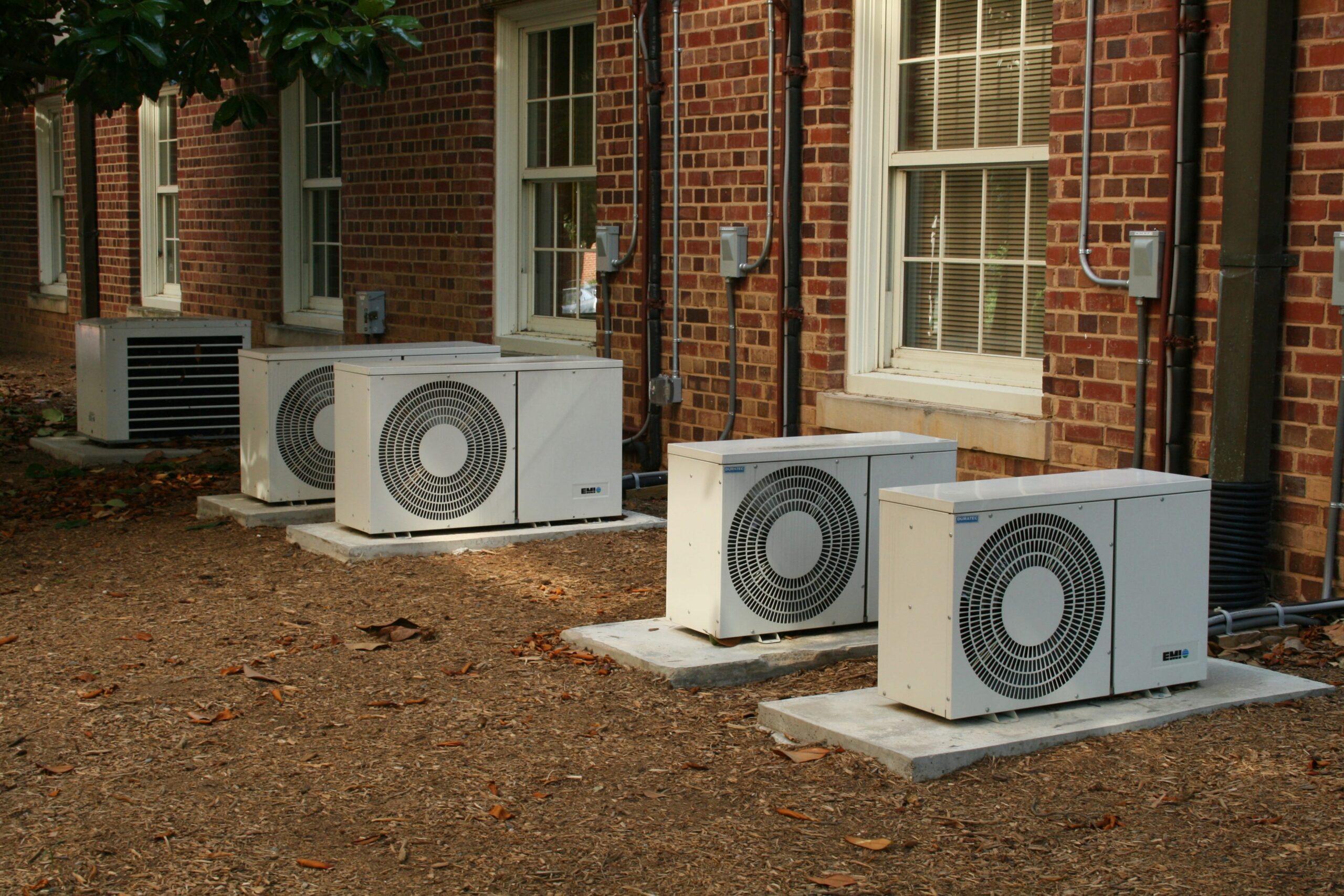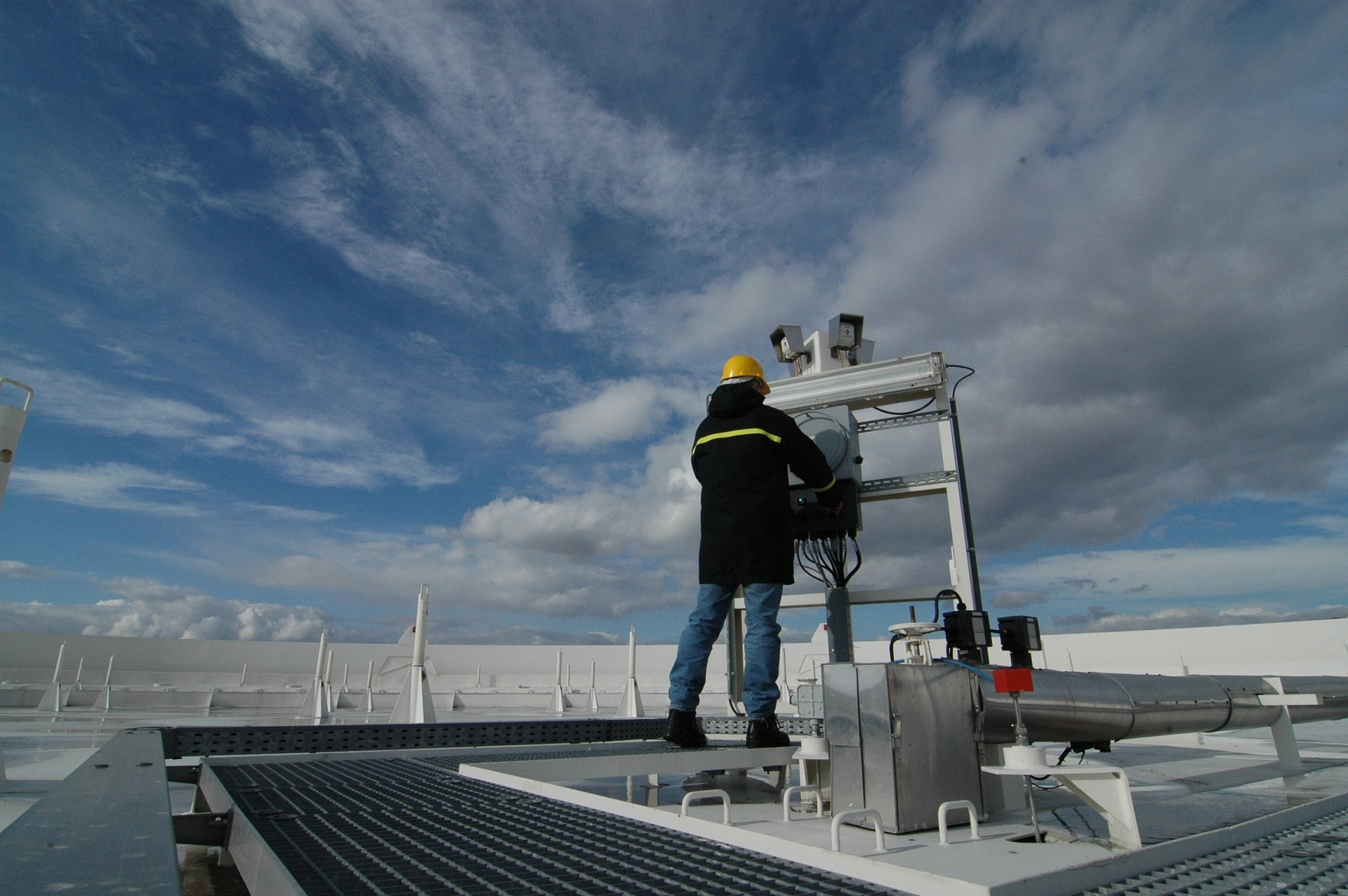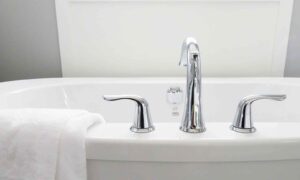Here are some quick tips to troubleshoot your AC system. Check the coils for ice, and check for a tripped breaker. If you’re having trouble setting the temperature in your home, try checking the air filter to see if it’s clogged. And if you’re experiencing a strange noise, look for a faulty thermostat or leaky air conditioning unit.
Check for ice on the coils
To start, check for ice on the AC’s coils. If you find ice, shut the air conditioner down immediately. Don’t turn it up too high and hope that the ice melts. Running an air conditioner with frozen coils will damage the compressor and lead to a broken air conditioner. This is especially important if you have a high-efficiency unit.
In addition to causing the problem of freezing, dirt and ice can cause the evaporator coil to become obstructed. This impedes the airflow and causes the system to work too hard. To clean the evaporator coils, you can use compressed air or a soft brush. Avoid using any abrasive cleaners on these coils, as they can damage the unit.
If you can access the coils, you can use a blow dryer or a fan to melt the ice. However, if you don’t have access to your system, wait for a professional like Bates Heating and Air to diagnose and repair the issue. The best way to fix the problem is to call a certified HVAC service company. Otherwise, you could end up putting yourself at risk of a serious health hazard and an unnecessary expense.
If the coils are frozen, the air conditioner’s refrigerant level may be low. To check the refrigerant levels, you must first remove the air filter from your system. If you can’t reach the filter, the ice may have gotten into the air filter, causing further damage to the AC. If you are unsure of your abilities, you can contact an HVAC expert to perform the inspection.
Check for a tripped breaker
If your air conditioner is not functioning properly, then it is likely that the circuit breaker is tripped. Tripped breakers often go unnoticed until you realize that a light or fixture will not turn on. Check the main electrical service panel for tripped breakers. You will find them in the “OFF” position, with a warning label in red.
Flip the circuit breaker back on. In addition to the breaker, you should also check all of the wires that run to your AC unit. Make sure that the wires are properly insulated and well-packed away from the casing. Exposed wires can trip the AC’s circuit breaker. To fix this problem, run a nylon or plastic line along the wires, and replace them if they’re badly damaged. The electrical components of your AC system can also be the culprit.
If they have broken or become frayed, the problem could lie with the circuit breaker. Another common cause of a tripped breaker is a bad connection between the “hot” and “neutral” wires. If one or both of these wires has come loose, the breaker will trip and shut off the air conditioning. Lastly, the AC circuit breaker may have tripped because it is old and has been exposed to the elements for a while.
Eventually, a tripped breaker will trip again when the AC unit is loaded. Replacing a tripped breaker may be a simple fix. Make sure to avoid touching the electrical components while working on a tripped breaker. You might even experience a dangerous electrical shock if you are trying to replace the circuit breaker yourself.

Check for a clogged air filter
Your AC will run slower if its air filter is plugged, and this can affect the efficiency of the entire unit. Dirty filters also cause more strain on the motor, which can lead to the AC system breaking down sooner. In most cases, filters last between three and twelve months.
In addition to causing problems with the motor, clogged air filters can reduce the air conditioner’s lifespan and increase energy bills. Read more about energy consumption of HVAC systems from the Department of Energy (/www.energy.gov/energysaver) to avoid issues. Otherwise, just change your filter on a regular basis, or at least as recommended by the manufacturer.
If you notice any odors coming from your AC unit, you should first check the air filter. If it smells like musty or electrical, it’s probably a dirty air filter. Clean it out thoroughly with a damp cloth and mild soap. If it’s still dirty, you might want to consider calling a technician to come out and clean it thoroughly. Another common problem is uneven temperatures inside the home.
This can lead to higher energy bills and reduced comfort. One of the most common causes is incorrect settings on the thermostat. The thermostat should be set to the correct temperature, and the air conditioner should not be unable to function. A clogged air filter can also cause the evaporator coil to freeze, resulting in water leaks. In fact, a dirty air filter can lead to more serious problems, such as blower assembly jamming and overheating. A dirty air filter may even result in a fire in the equipment itself. So, check your air filter for a blockage before you call a technician. When troubleshooting your AC system, check for a clogged air filter to prevent a costly and time-consuming repair bill.








